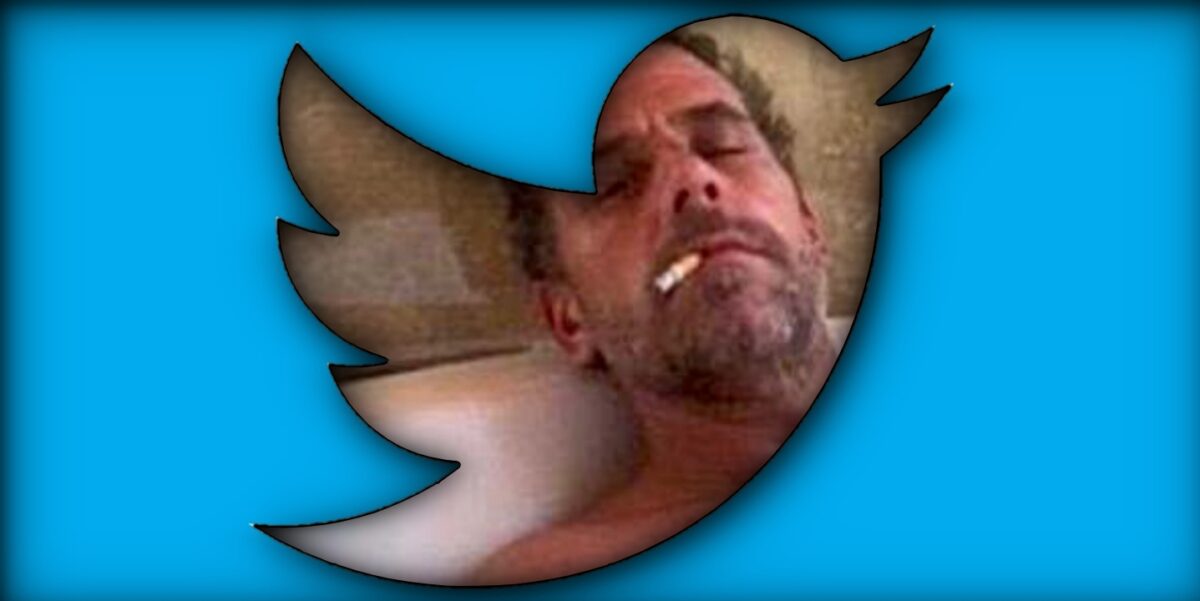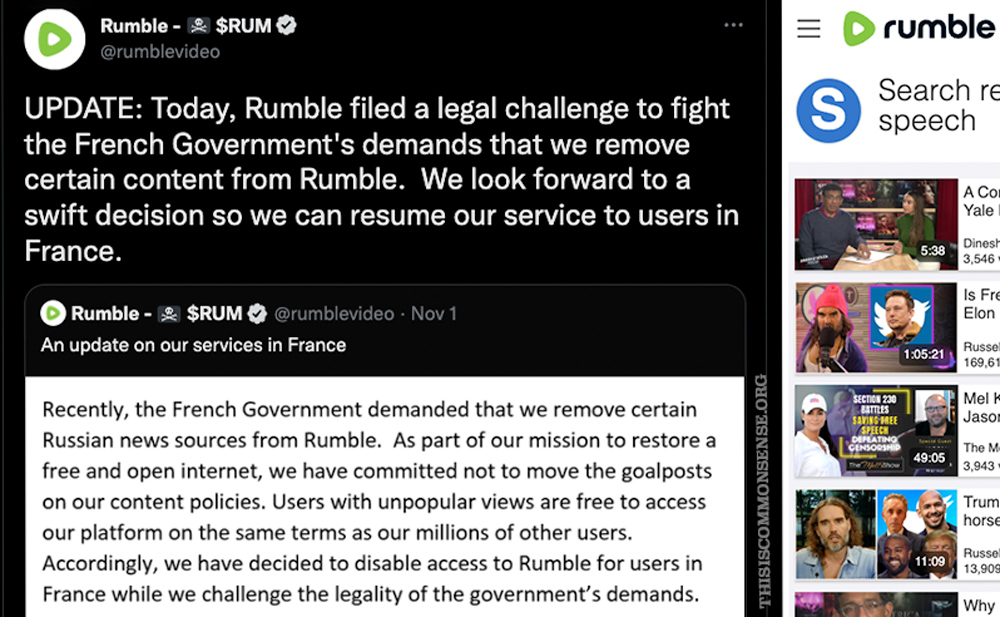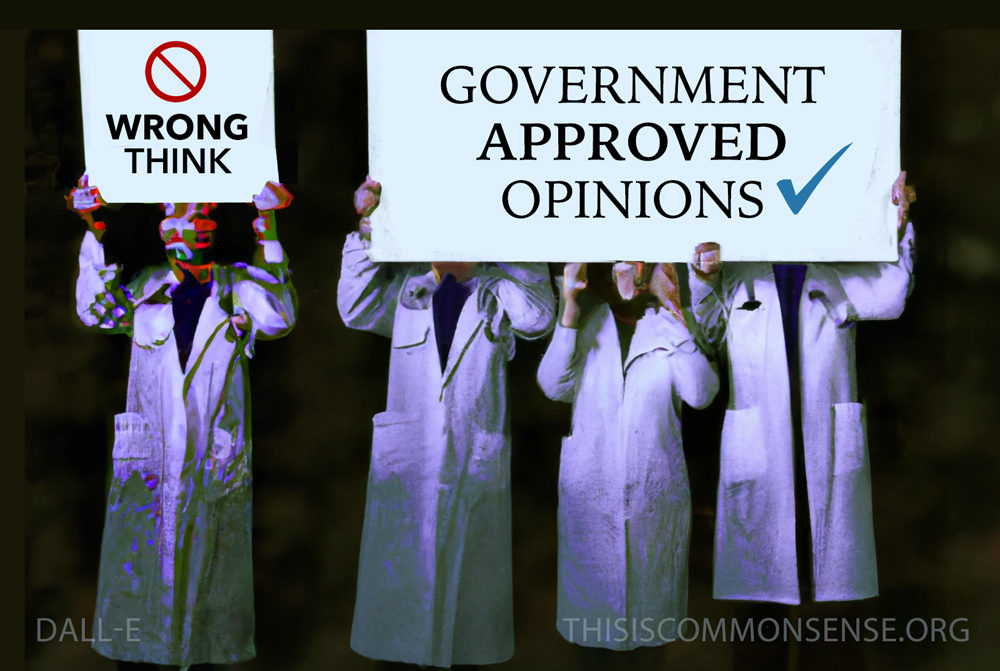The latest Twitter revelation has the same “feel of the truth” about it as the Elon Musk-instigated reporting of Matt Taibbi and Bari Weiss.
What is it?
“Twitter co-founder Jack Dorsey has taken full responsibility for the social media platform’s many failings — admitting he ‘completely gave up’ pushing back against powerful activists in the company,” explains Lee Brown in The New York Post.
It is refreshing for someone at the commanding heights of the culture to accept blame, not spread it liberally onto others.
And to clear up loose ends of the mystery.
“The site’s former CEO took full ‘blame’ in a blog giving his ‘take’ on the ‘Twitter Files,’ which have exposed a series of extraordinary behind-the-scenes maneuvers buckling to political pressure, starting with censoring The Post’s exclusive exposes on Hunter Biden’s laptop.” Brown’s report goes on to say that Dorsey “now believes that Twitter should have stuck to three core principles, including keeping the company out of controlling posts and algorithms spreading them — and being “resilient to corporate and government control.”
Well, yes.
Dorsey was overwhelmed by a new investor bloc. “‘I planned my exit at that moment knowing I was no longer right for the company,’ he wrote of his resignation just over a year ago.”
The eagerness of the new investors and personnel to manipulate the system for their political causes — the covidian response and the Democratic Party — must have sure seemed insurmountable. And the legacy media’s full-court press, on top of fine-tuned interests of multiple agencies of the federal government, could only have made it worse.
But it’s not an excuse for cowardice, is it?
Still, it is more difficult to stand up against your side’s tyranny — especially when it’s making you rich in the process.
This is Common Sense. I’m Paul Jacob.
Illustration created with DALL-E2
—
See all recent commentary
(simplified and organized)





